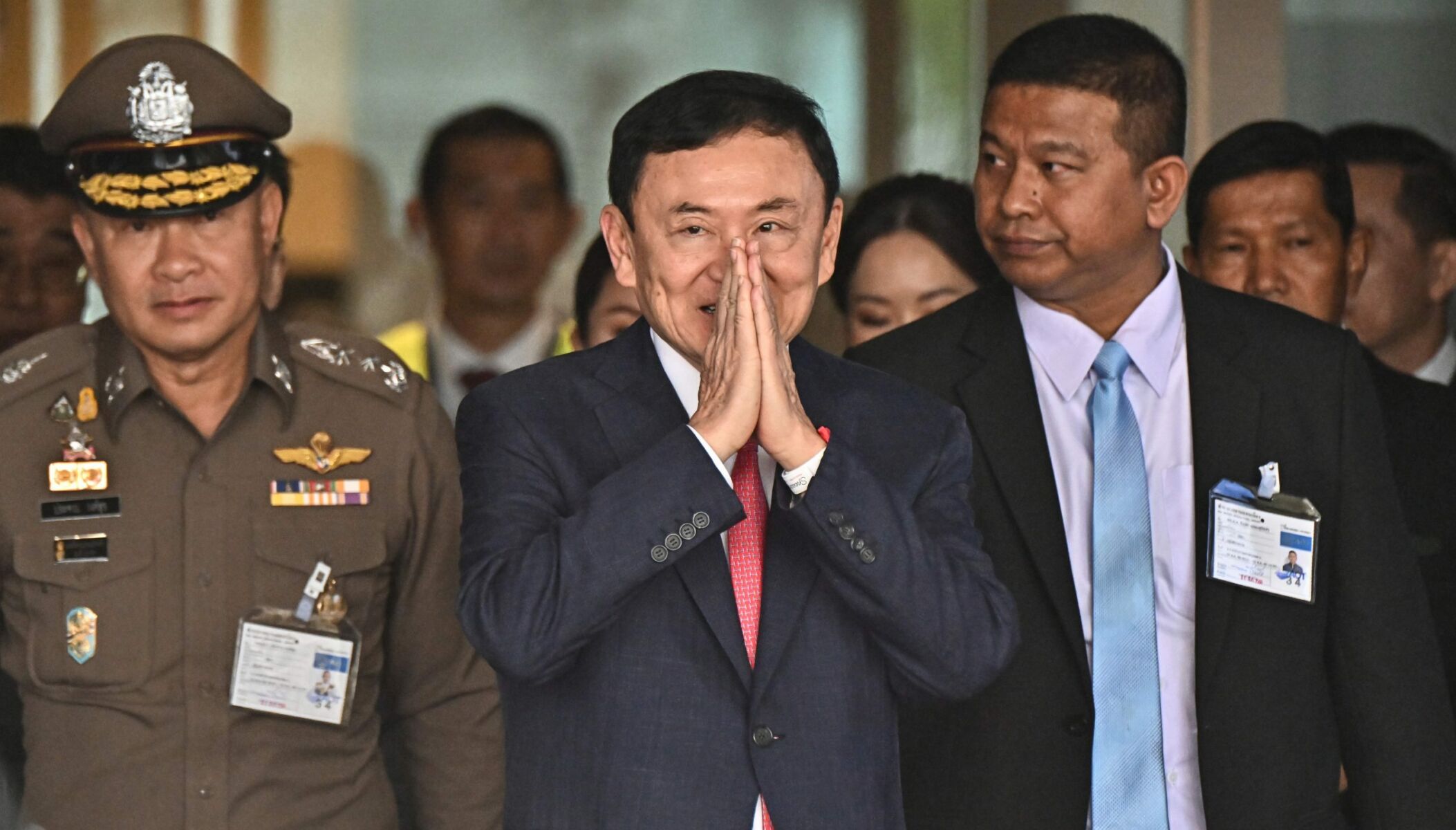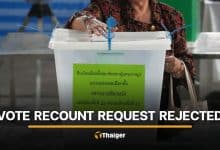Activists challenge Thaksin’s hospital treatment, demand transparency

A recent post by former Election Commissioner Somchai Srisutthiyakorn on January 3 questioned the alleged preferential treatment for Thaksin Shinawatra, former Thai PM, a high-profile prisoner receiving medical care at the Police General Hospital. In response, the Thai Department of Corrections addressed the matter on January 6, clarifying their stance and procedures concerning long-term treatments exceeding 120 days for inmates still under trial.
The processes are guided by laws, regulations, and stringent work procedures. These also take into account the principles of human rights and freedom. The Thai Department of Corrections (DoC) stressed the necessity of careful, informed decision-making to safeguard government interests and prioritise the patient’s health.
Concerning the release of prisoners for external medical treatment, the DoC emphasised that it adheres strictly to legal stipulations. They clarified that despite receiving treatment outside prison, prisoners are still subject to the DoC’s rules and regulations, just like other inmates.
All actions must receive official sanction and are not exempt from privileges. Hence, the conduct of prisoners undergoing treatment at external hospitals remains the same as those confined within the prison.
However, activists continue to pressure the DoC to permit them to visit Thaksin independently. They aim to ascertain whether his health conditions warrant his exclusion from a standard prison and if he enjoys any special privileges at the hospital. The DoC continues to resist these demands, citing potential violations of patient privacy rights and breaches of human rights agreements concerning individuals with health conditions, reported The Pattaya News.
The activists argue that justice and equality for all prisoners, as well as confidence and transparency in the Thai justice system, are at stake. They insist that this issue goes beyond medical privacy. They seek assurance that no prisoner, irrespective of their wealth or connections, enjoys undue privileges or rights.
The activists propose a compromise, suggesting that they do not need to disclose details about Thaksin’s health. Instead, they advocate for third-party independent individuals to visit privately and objectively assess the Department’s claims of impartiality and verify Thaksin’s illness. The activists plan to maintain their push for a visit to Thaksin, a development that could potentially evolve into a significant political issue.
Latest Thailand News
Follow The Thaiger on Google News:


























